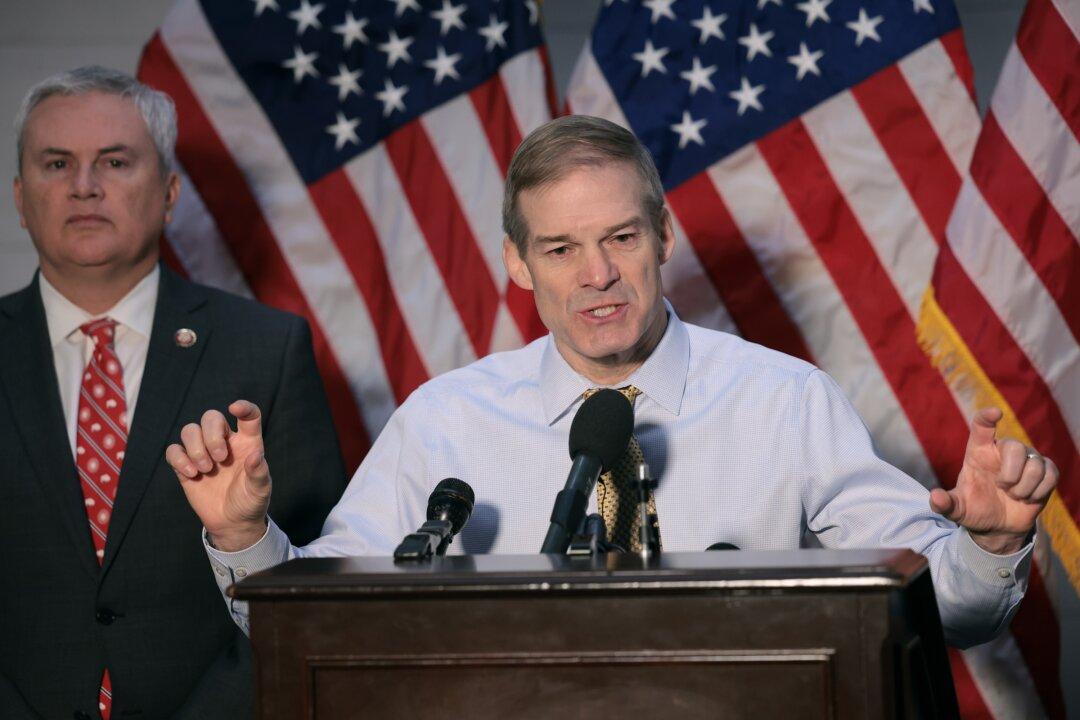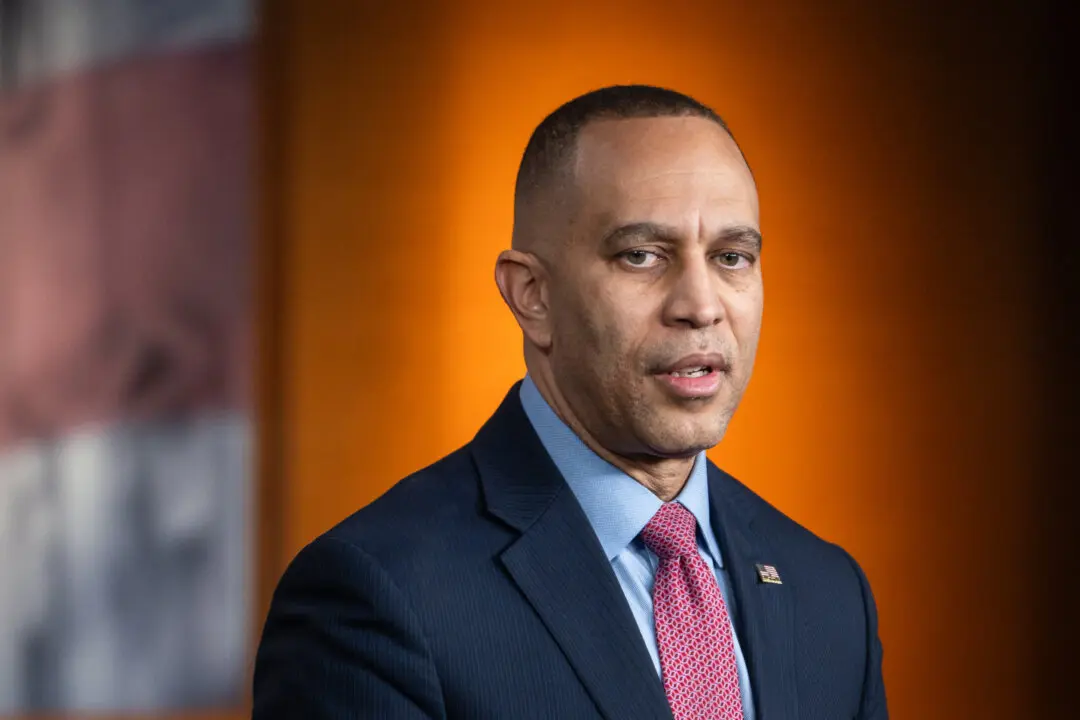The House Judiciary Committee has requested records from 13 financial institutions alleged to have helped the federal government in conducting financial surveillance on U.S. citizens after the Jan. 6, 2021, U.S. Capitol breach.
Committee chairman Jim Jordan (R-Ohio) sent letters to the institutions on April 25, demanding documents and communications, including the disclosure of private financial records to federal authorities without legal process.





